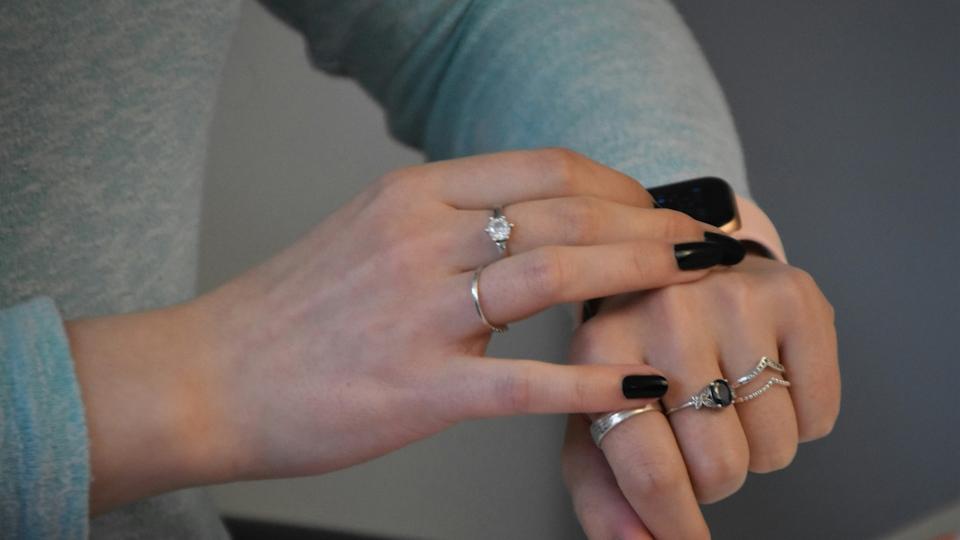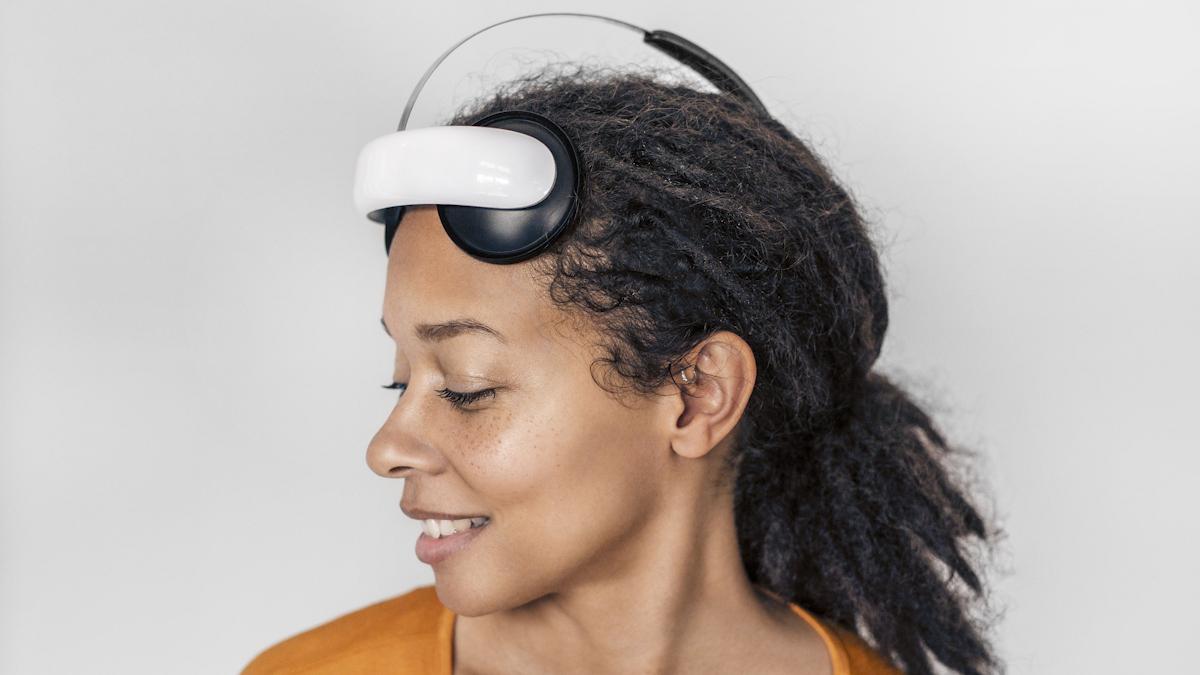FDA warns over smartwatches, rings for blood glucose testing

No smartwatch or smart ring can measure blood glucose without a blood sample yet
The US FDA has issued a warning against the use of smartwatches or smart ring devices that claim to be able to measure blood glucose levels.
The regulator points out that there are no approved blood glucose measuring devices available yet that do not require the skin to be pierced and a sample of blood taken, and any wearable device that claims to do so on its own is unapproved and could put users at risk.
These are very different from smartwatch applications that display data from FDA-approved blood glucose measuring devices that pierce the skin, like continuous glucose monitoring devices (CGMs), it adds.
The warning applies to any smartwatch or smart ring that claims to measure blood glucose without piercing the skin, regardless of manufacturer or brand. There are reported to be efforts to develop a non-invasive, wearable technology for blood glucose measurement – including at smartwatch by giants Apple and Samsung, as well as smart ring start-up Movano – but these are all still experimental.
The consequences of using the unapproved devices could be serious, as erroneous blood glucose measurements could lead people with diabetes to take the wrong dose of insulin or other medications used to lower blood glucose. That, in turn, raises the risk of hypoglycaemia, very low blood glucose levels that can lead to mental confusion, coma, or death within hours.
The unapproved devices are being sold online and through social media channels, and a cursory search on various e-commerce sites this morning, including eBay, AliExpress, and Wish, revealed dozens of listings for devices that claim to feature blood glucose monitoring, as well as other unfeasible measurements like blood lipids and uric acid levels.
Manufacturers of these devices often try to get around FDA regulations covering medical devices by claiming that they are unregulated – for example, by writing “this is not a medical device” somewhere on the packaging.
That is simply not sufficient, as regulations clearly state that any device that claims to diagnose, treat, or prevent a disease or affect the structure or function of the body – and is not a drug – falls under the medical device category and has to go through the regular approval process.
Unlawfully importing, distributing, or selling unapproved medical devices can lead to the seizure of goods, as well as civil penalties including fines ranging from thousands to millions of dollars, and even criminal charges for serious violations.
“Do not buy or use smartwatches or smart rings that claim to measure blood glucose levels,” says the FDA in its safety alert. “If your medical care depends on accurate blood glucose measurements, talk to your healthcare provider about an appropriate FDA-authorised device for your needs,” it advises.
The agency is recommending consumers report any issues involving wearables claiming to measure blood glucose through its MedWatch voluntary reporting form.













